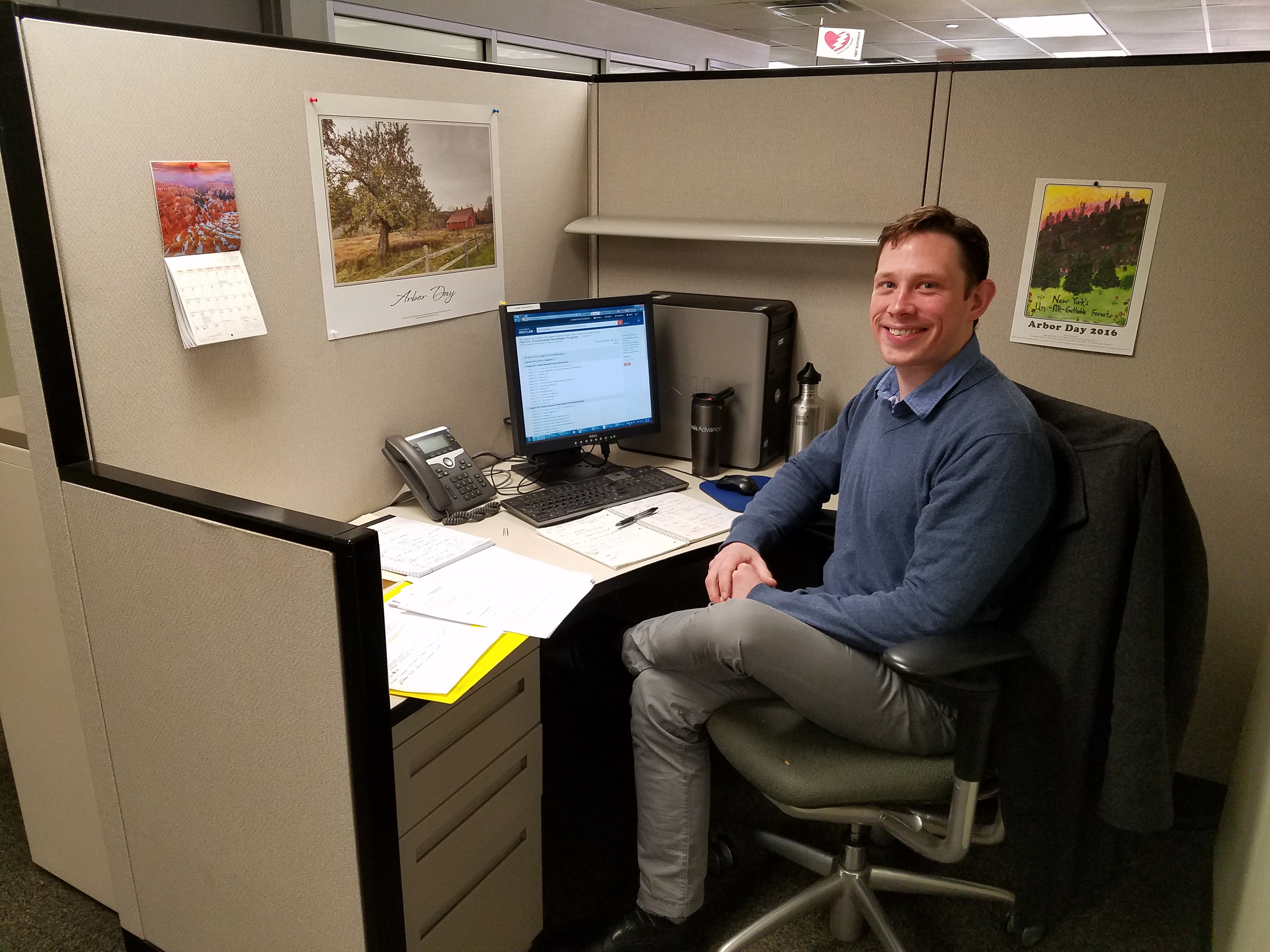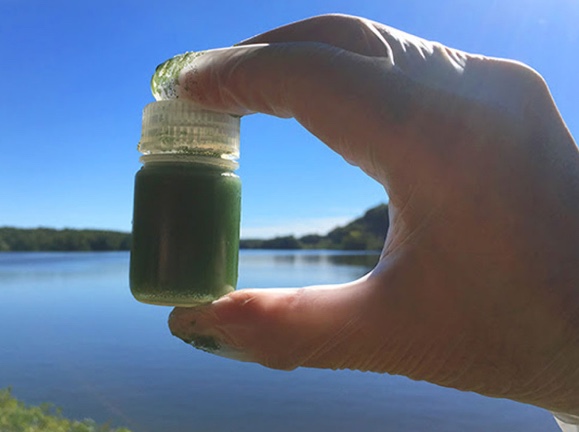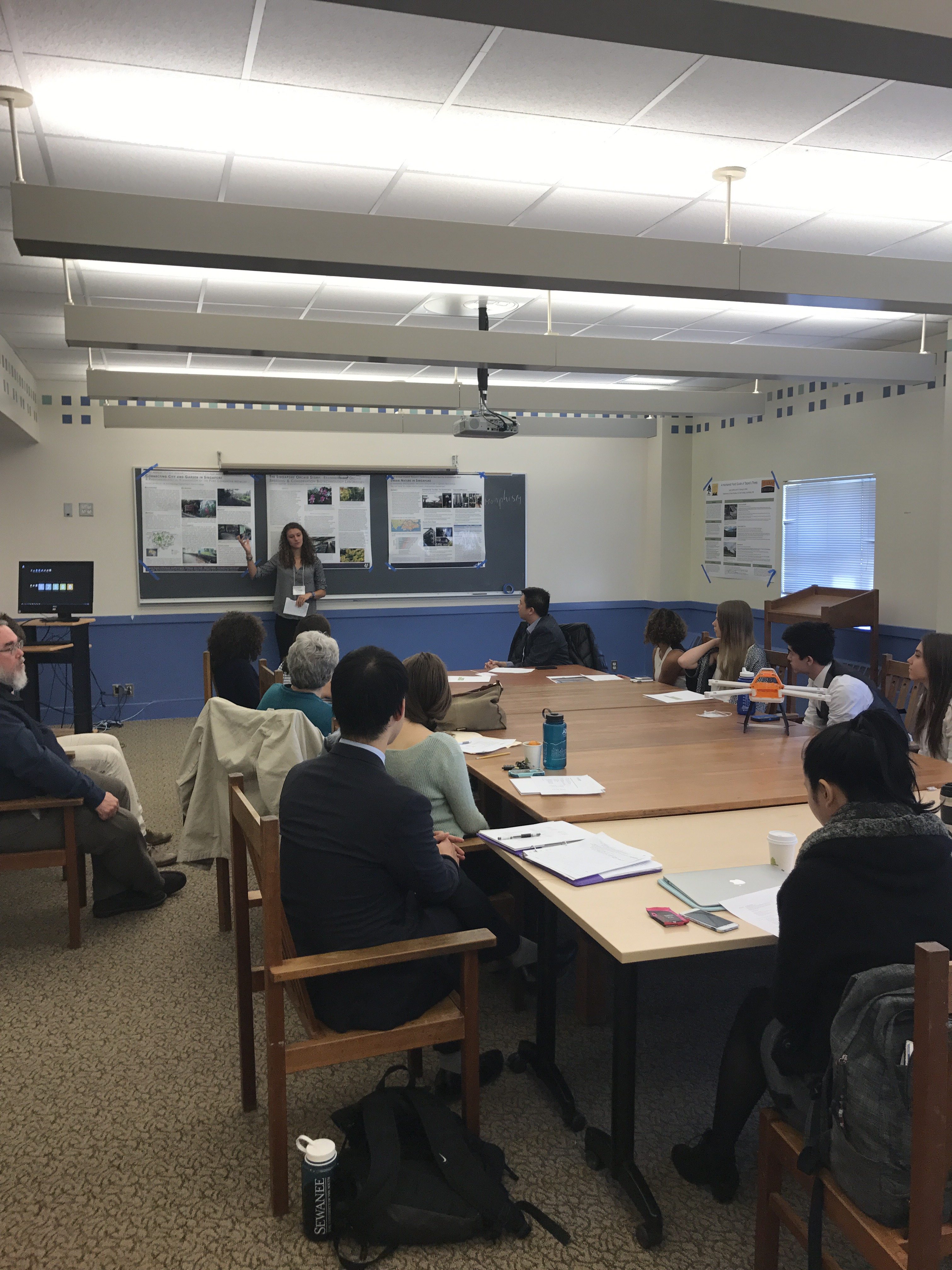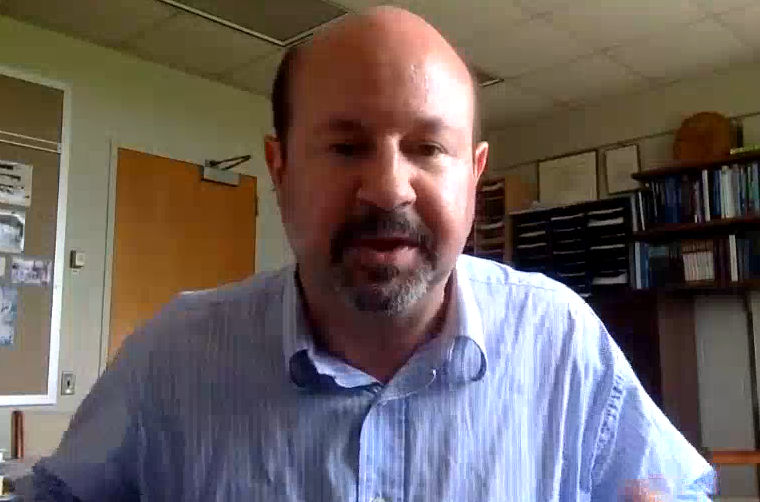Protecting the Environment of New York State: The Legal Arm of the NYSDEC
The New York State Department of Environmental Conservation (NYSDEC) is tasked with the environmental protection of the entire state of New York. This protection comes in many forms, including environmental laws, permitting of activities, and cleaning up contaminated sites. The NYSDEC is divided into 9 regions. Region 2, located in …





